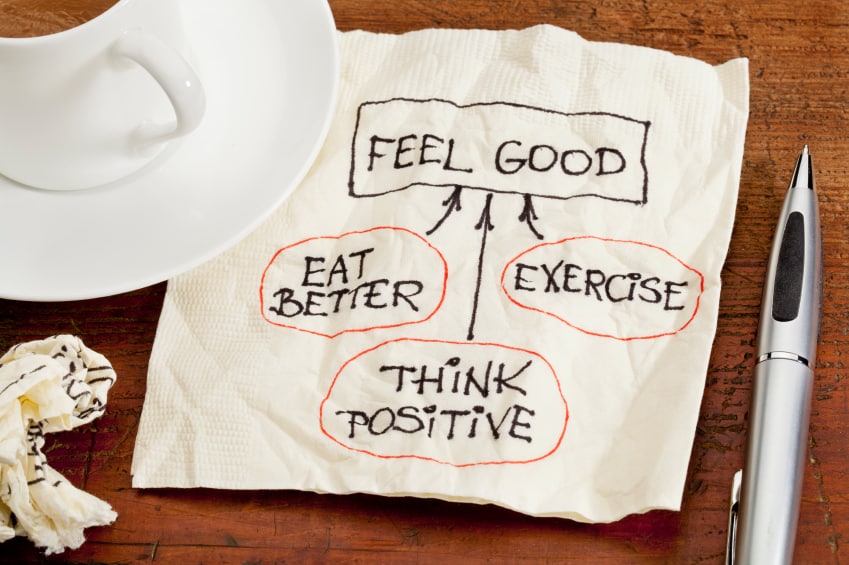Acting as your own self-health advocate can be a challenge, especially when you aren’t medically minded by nature. When I first realized that I needed to educate myself about health-related topics—not just for my family’s well-being, but also my own—I wasn’t even sure where to begin.
As I mentioned in a previous article about being hypothyroid, I had the symptoms for quite some time before learning that my thyroid gland was playing such a big part in my mysterious woes. If I hadn’t pushed for a more logical explanation than the one I initially received, I could still be waging the same battle to this day. Or even worse, simply dulling my symptoms rather than finding and dealing with their cause. After that, it became more clear to me than ever that I needed to be my own self-health advocate. And, by extension, I had to be mindful of any health issues that my hubby and kids might encounter.
Now that I know about the powerful way nutrition affects our overall health, I don’t hesitate when it comes to changing our typical diet when one of us doesn’t feel up to par. I think about how to give our immune systems a boost right before the holidays. I’m always on the lookout for reliable tips and tools that will help my non-medically minded self keep it all straight. And I make sure that I know what our options are, and what options I should consider and question.
For example, I was excited when I came across Mastering Nutrition with Blood Chemistry on the Selene River Press website. All the different factors listed on blood-test results make my head spin, so this book from the International Foundation for Nutrition and Health is a welcome addition to my self-health education reference library.
But as our boys approach adolescence, I know obstacles will arise that I’ve never even thought about—being a girl and all. As for my husband, he only has foggy, distant memories from that time. I remember the mood swings I suffered when my hormones kicked in, but not the actual aches and growing pains that I suspect my boys are dealing with these days. How can I help make it easier for them and keep everyone comfortable through the process? And what other dilemmas should I be trying to learn about?
What tools do you rely on to educate yourself on these topics so you can become your own best self-health advocate—and your family’s?
Photo from iStock/marekuliasz




Great question! I always use this SRP website as a source and my holistic nutritionist who is trained in Standard Process supplements.
Thanks for the comment!
Nutrition is totally related to mood – even for men. When I don’t eat right, I get stressed easier, remember less… it’s bad.